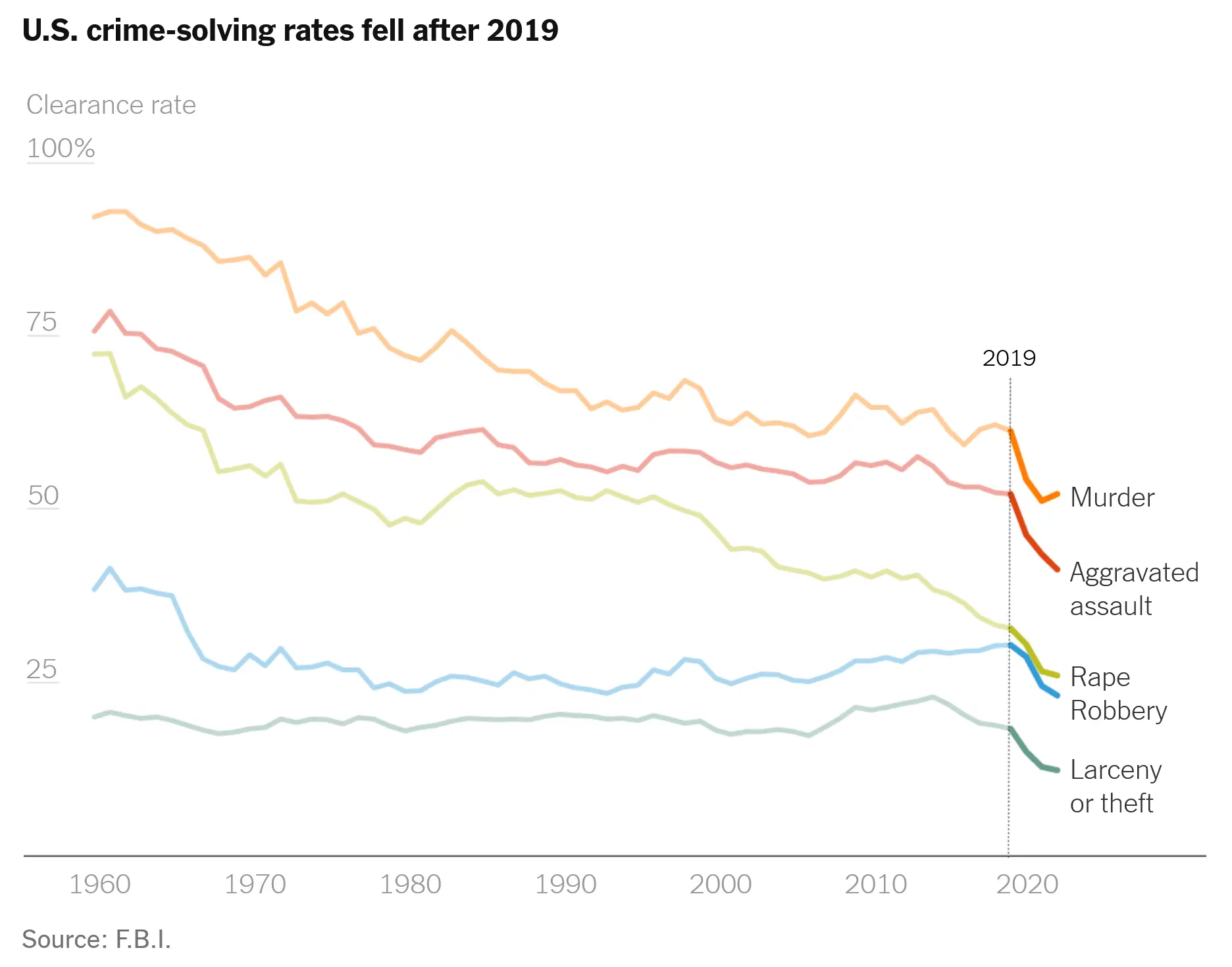Do police actually solve crimes at all? Or are they basically doing legwork for prosecutors by gathering evidence to be used to prove a suspect's guilt (when the cops don't just summarily execute the suspect for being poor or black) or scare them into pleading guilty for a lesser sentence?
United States | News & Politics
Your question makes very little sense. How do you think prosecutors work, exactly?
The order of operations for going to prison is:
-
Cop wants to arrest you. If the cop has no genuine excuse to do so, this arrest won't go anywhere (they can still lock you up for up to 24 hours at will). If you've just committed a crime in front of the cop, well, that's easy, the cop just puts you away; skip to step 3. If this is an investigation, the cop goes to step 2.
-
Cop gets permission from a judge to arrest you. This is called an arrest warrant.
-
Cop arrests you and puts you in jail. At this point you should lawyer up, but as that is not compulsory, it is not a distinct step in this list.
-
Cop gives evidence to prosecutor. Because there is a time delay between 3 and 4, the cop may do additional investigating before this step.
-
Prosecutor decides to prosecute (they may choose to dismiss instead).
-
You go to court. Judge asks you how you plead. You plead not guilty. The media pretends this is notable, even though no-one pleads guilty ar this step (it is called arraignment).
-
The evidence against you is shown to you. The judge again asks you how you plead. This time you have a genuine choice in your answer.
-
Optional: if you pled not guilty, go to trial. Jury convicts you.
-
Judge sentences you to prison.
That's the basic pipeline.
Note that cops don't have to do their jobs at all, which is most likely why, as the article discusses, they don't. Why get paid to work when you can get paid to not work?
